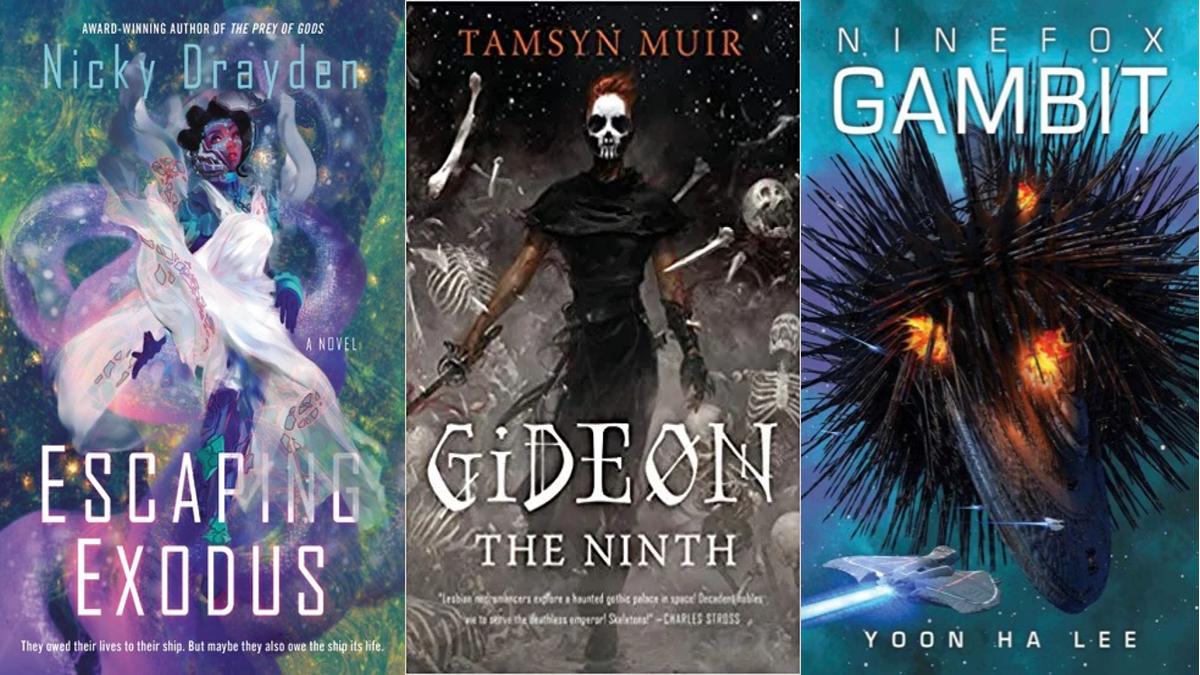
Relativity? Time dilation? Quantum physics? BORING. When I read a star-spanning sci-fi epic, I don’t care about the physical motion of celestial bodies, I care about being moved by them. Space operas, aka “soft” sci-fi are science fiction stories about our universe without being bogged down by the pesky laws of physics. How do those sandworms in Dune not collapse under their own weight? How do Gideon and Harrow travel to distant planets without experiencing time dilation in Gideon the Ninth? Doesn’t matter, these authors weren’t sweating the science when writing the 10 best sci-fi space operas, and neither should you.
Dune

Obligatory Dune paragraph incoming: Frank Herbert’s sci-fi magnum opus is the pinnacle of soft sci-fi. The Magic Flute of space opera, if you will. The story of Paul Atreides’ rise to intergalactic power inspired countless works of classic science fiction, everything from Star Wars to the Warhammer 40k universe. It’s got giant worms, whacky spaceships, a villain propelled around by anti-gravity tech that defies all physical laws, and a sandy substance called spice that lets people see into the future! The science makes absolutely no sense, and that’s the point! You want an explanation of how the Bene Gesserit do all the superhuman nonsense they do? You’ve come to the wrong place. You want the most seminal sci-fi work ever penned in spite of all the scientific hoo-ha? Come right on in, the ornithopter’s waiting.
Gideon The Ninth

Tamsyn Muir’s Gideon The Ninth isn’t just space opera – it’s gothic space opera with lesbians. What else could you need? In a faraway star system ruled by an undying emperor where multiple planet controlling families compete for imperial favor (Dune reference), swordswoman Gideon doesn’t give a hoot for politics. All she wants is to escape her indentured servitude to the Ninth House and its vicious heir Harrowhark Nonagesimus – a woman whom Gideon hates with the fiery passion of a thousand suns. In shockingly uncharacteristic twist, Harrow generously offers Gideon a way out of bondage – all she has to do is accompany Harrow to a distant planet and help her compete in a series of trials against the other Houses as her bodyguard. How hard could it be? When each House practices its own breed of horrible, science-defying death magic, hard indeed.
Red Rising

“This solar system ain’t big enough for the both of us” might as well be the tagline of Red Rising, a novel about a brewing class war in the interplanetary society that orbits around the Sun. The novel revolves around Darrow, a Red, the lowest social caste – tasked with terraforming Mars for future generations. At least, that’s what he thought. After discovering that Mars’ surface was made habitable ages ago, the young boy begins to question what all his toiling was for. How will he find out? By infiltrating a prestigious military academy where the ruling class decides on the leaders of tomorrow. They’re in for a rude awakening, the plebeians are coming to power.
The Vanished Birds
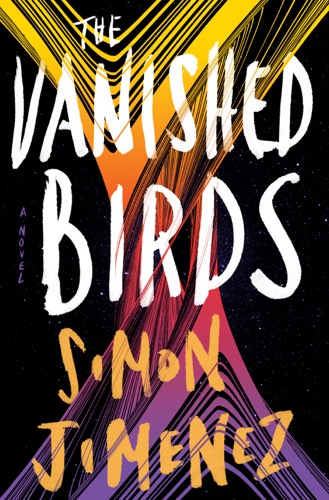
The Vanished Birds by Simon Jimenez is set in a galaxy controlled by super-corporations, where starship captain Nia Imani leads a lonely life running interstellar errands – a friendless drifter due to the effects of time dilation. The sciency stuff ends there, because Nia is soon hired to take care of a mysterious young boy who has the impossible power to jump across the gulf of space without experiencing any relativistic effects. Bound together by their mutual disdain for obeying temporal and societal laws, the pair soon become swept up in a plot to rid the stars of corporate influence.
The Hyperion Cantos
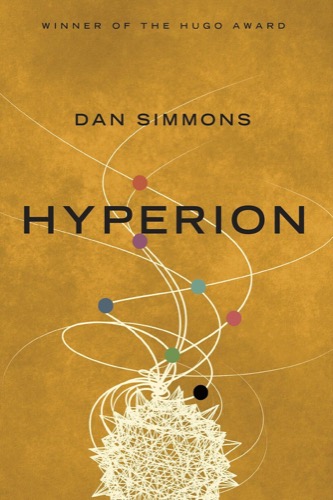
Inspired by Geoffrey Chaucer’s Canterbury Tales, Dan Simmon’s Hyperion Cantos is the story of seven pilgrims on a quest to the mysterious Time Tombs of planet Hyperion, a place said to be able to grant the desires of those who seek it – if they aren’t ripped apart by its guardian first. While the seven pilgrims reasons to seek the Tombs range from romantic to paternal to totally selfish, they’re all bound together by their mutual experiences of the Tombs’ time traveling protector: a mechanical killer known as The Shrike. And when I say “mechanical” I don’t mean devoid of normal human emotion, this machine monstrosity never had any to begin with – judging by the fact that its favorite pastime is impaling people on mechanized spikes.
Ninefox Gambit
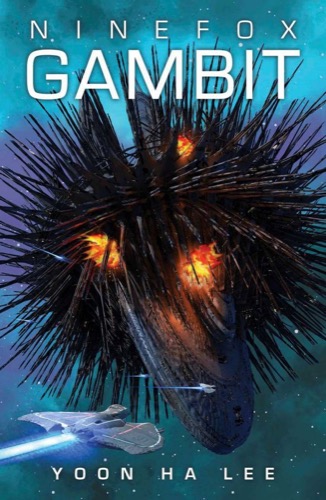
While writing The Ninefox Gambit, Yoon Ha Lee rejected the classical laws of physics and rewrote them entirely. Set in a galaxy ruled by a sixfold oligarchy called The Hexarchate, humanity is able to access technology that defies all logic based on their adherence to an interstellar calendar. With “calendar mathematics” everything from force fields to instant teleportation is fair game – so long as everyone adheres to the same system. In this universe, those who deviate from the calendar disrupt the very laws of physics, and as a result are hunted down by the government as heretics. Commander Kel Cheris is tasked with battling a heretical stronghold, and is commanded to inject her mind with the consciousness of long dead military genius Shuos Jedao in order to do so. Everything should be fine, so long as Jedao doesn’t go crazy like he did when he was alive and massacre his own army. It’s a sci-fi military drama with a protagonist who literally shares a braincell with a dead guy, space opera gold.
The Left Hand of Darkness

The Left Hand of Darkness is to sci-fi what La Boheme is to opera, a tragic Romance with a capital “R”. Ursula K. Le Guin’s novel is the story of Genly Ai, a Terran who is sent to the icy planet of Gethen in order to convince its people to join an intergalactic government. The people of Gethen are ambisexual, and only take on sexual characteristics during a brief monthly period of fertility called kemmer. As a result, human concepts like war are completely alien to their genderless world – and Gendy ends up becoming a political pariah due to repeated cultural misunderstandings and social mistrust. Technology and physics take a backseat to the social commentary of this novel – an allegory about a world without gender, and critique of the gendered concepts of our own.
The Long Way to a Small, Angry Planet
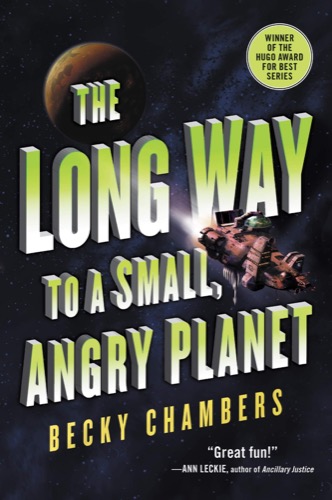
While Becky Chambers’ The Long Way to a Small, Angry Planet takes place on a spaceship hurtling across the stars, the novel is more concerned with the internal worlds of its crew than the distant worlds they visit. Concern for the laws of physics is shunted out the airlock, as Chamber’s focuses on the orbits that these rag-tag astronauts make around one another’s hearts. It doesn’t matter where the starship Wayfarer’s operators are tunneling to via wormhole, but why they’re onboard in the first place. And as a result, they begin to slowly discover who they are to themselves and one another: one weird, dysfunctional space family.
This Is How You Lose The Time War

This Is How You Lose The Time War takes the physical realities (and impossibilities) of time travel and sends them rocketing off into the sun. Amal El-Mohtar’s novel is an operatic enemies to lovers romp about two operatives on opposite sides of a time war. As the pair vault across time to secure future victories for their faction, they begin to leave taunting messages for each other. Those taunts turn into casual correspondence, and that casual correspondence soon turns into an ardor that burns like the heart of an exploding star. As achingly romantic as it is scientifically unsound, This Is How You Lose The Time War is a space opera worthy of a standing ovation.
Escaping Exodus
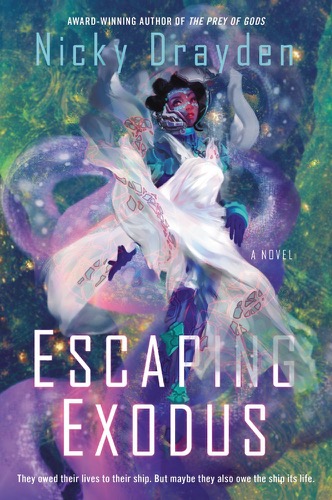
When it comes to space opera spectacle, Escaping Exodus features the most grandiose set pieces on the list. Nicky Brayden’s novel takes place on a city-sized spaceship housed in the bowels of a gargantuan organism hurtling through space, the command of which young Seske Kaleigh is soon to inherit. As if fashioning a life support system out of a still living being wasn’t ethically ambiguous enough, Seske begins to suspect that these gargantuan beasts possess a level of sentience – though the rest of civilization is eager to believe otherwise. It’s a soft sci-fi exploration of one the founding pillars of civilization: animal husbandry. What do you do when your city has a heartbeat, and that heart might just have feelings?
Have a tip we should know? [email protected]







